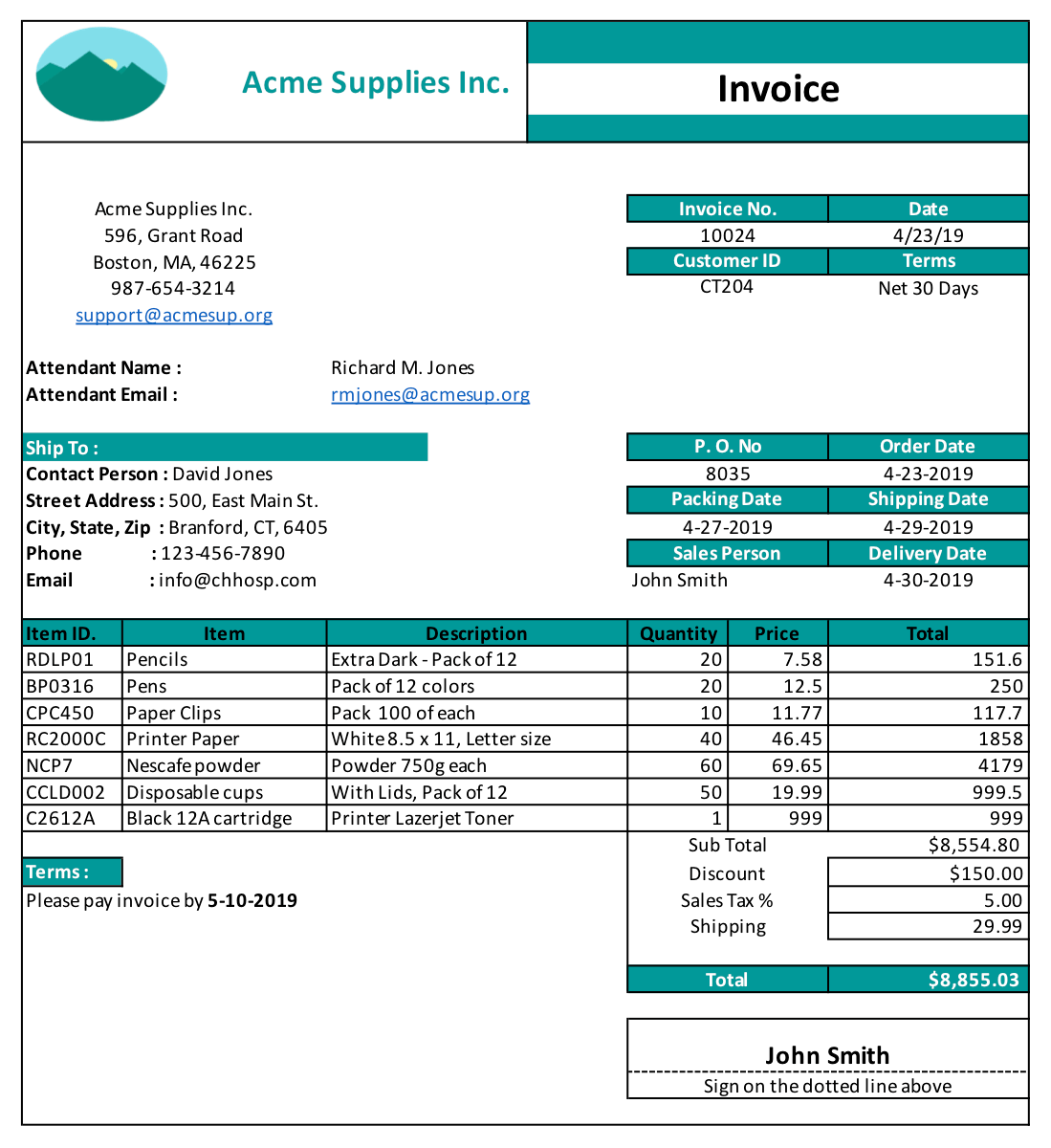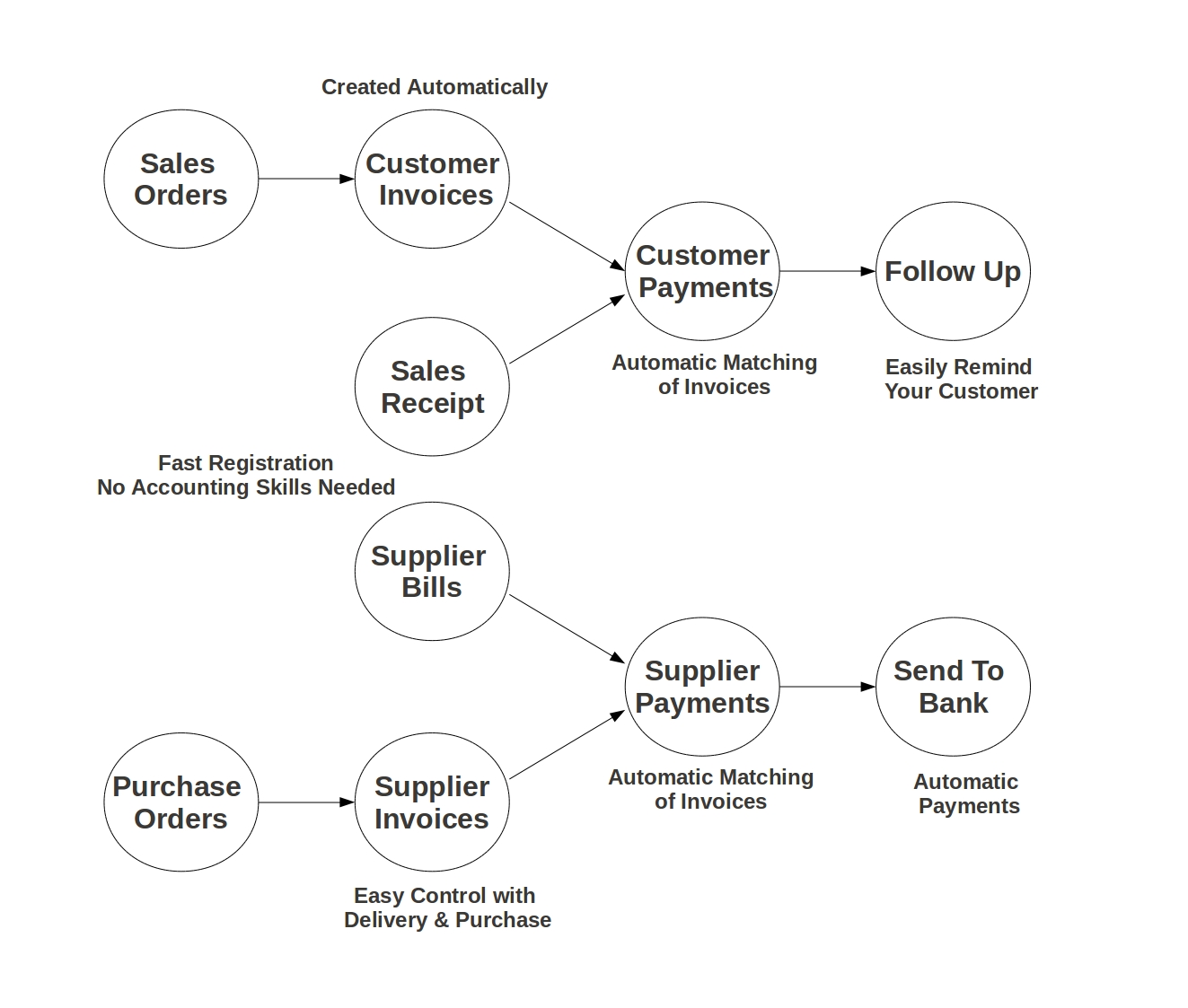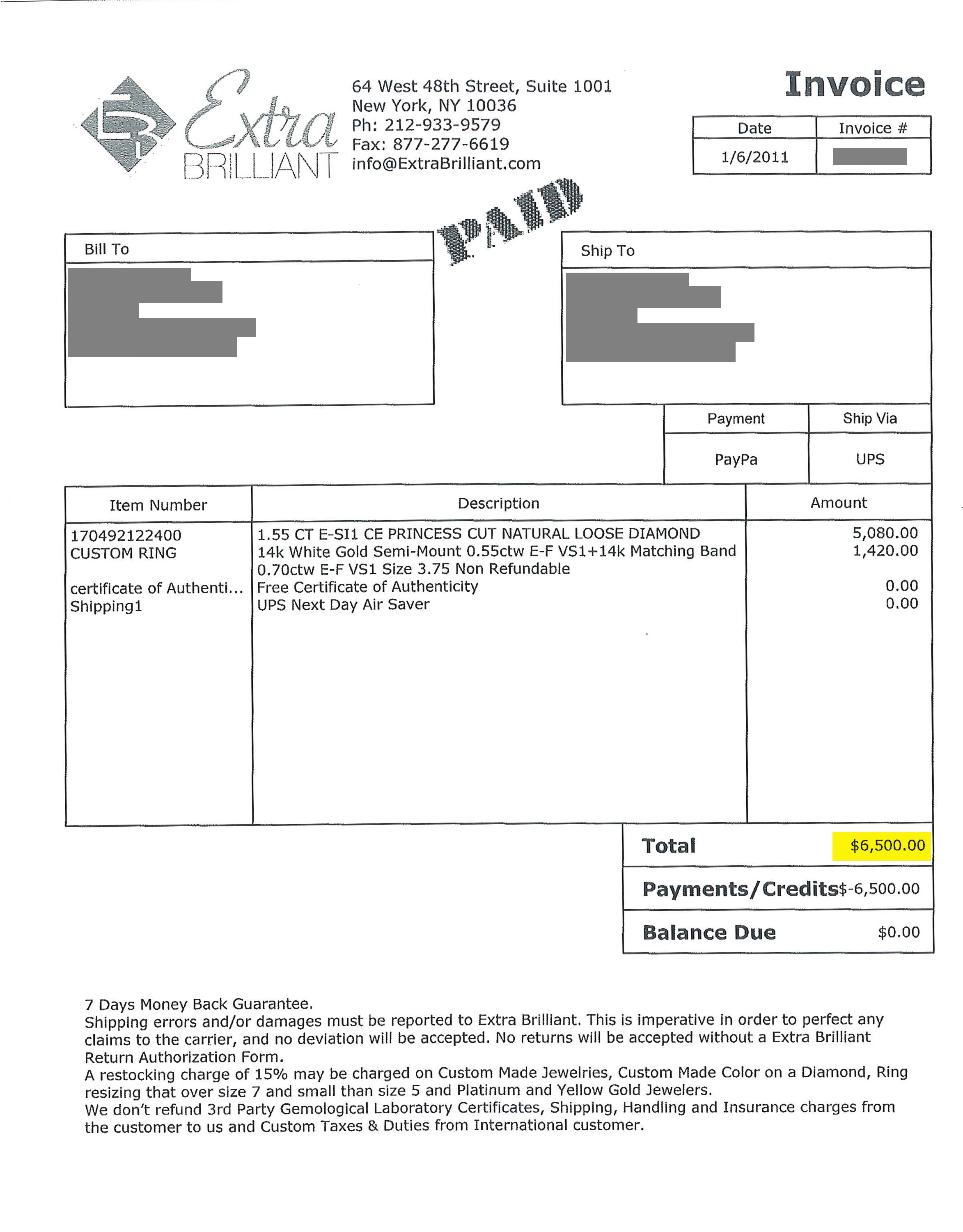

In a typical business transaction, there are two parties involved: a buyer and a seller. Using Knowify ensures that no one at your company will ever be confused again about whether a PO has been submitted on an important materials order. Having a robust purchase order and supplier invoice reconciliation system such as Knowify is essential. It’s crucial to protect yourself should a problem or disagreement occur. However, this should be avoided at all costs. A successful business may feel confident in a handshake deal or take the word of a trusted long-time vendor. Most importantly, purchase orders provide protection. A properly managed PO system will avoid errors and help mitigate against unwanted or unexpected costs. Purchase orders save time and money, and are a valuable mechanism for leveraging budgets and job costing. However, they are crucial for building a conscientious business and serve as significant accounting and planning documents. Purchase orders may seem like a tedious document to include for every project or purchase. Major reasons why include lack of organization, poor communication, and contractual misunderstandings. They are very beneficial for both parties as they can be easily referenced if any disputes or disagreements arise due to price, shipment, or quality.Īccording to recent studies an estimated 98% of large construction projects go over budget or incur costly delays. It acts as a contract between the buyer and vendor.
#INVOICE VS RECEIPT VS BILL VS PURCHASE ORDER FULL#
It lets the vendor know that the buyer has full intention to honor a specific sale. What is a purchase order?Ī purchase order is a document that serves as an official offer issued by a buyer to a seller that specifies types, quantities, shipment information, and agreed upon prices. Now that we know what the difference between a purchase order and invoice is, let’s break each down in more detail. Step 5: The vendor supplies the order, and then issues an invoice or bill that details the final amount owed by the buyer and a timeline for when they need to pay in full. Step 4: The purchase order is sent by the buyer to the vendor as an official request enabling the vendor to procure the materials. Step 3: A purchase order is developed by the buyer that details what type of pump and materials are needed, how many are needed, shipment info, and agreed upon price. Step 2: A supplier or vendor is identified who can supply the materials for x amount.

Step 1: A resourcing need is identified by the buyer (hydraulic pump and additional parts/materials).

An overview of a typical PO to invoice life cycle might look something like this: If while working on a project it is discovered that work has halted because a new hydraulic pump and various other materials are needed. To better understand the relationship between the two, let’s look at an example.

While the invoice is a request for the final amount owed and helps bring the transaction to a close. The PO will initiate the transaction and will help manage project budgets and progress. Invoices will also include an itemized list and terms of the transaction. An invoice is sent by a vendor, typically after goods and services are provided, and details the final amount that the buyer owes. an invoice is who is sending it, and when they send it.Ī purchase order (PO) is sent by a buyer to a vendor that serves as an official request to buy x product for x amount. The key difference between a purchase order vs. Although similar, each serves avery different purpose. Yet they are often confused and misunderstood. Two critical documents used in the construction industry are purchase orders and invoices.


 0 kommentar(er)
0 kommentar(er)
